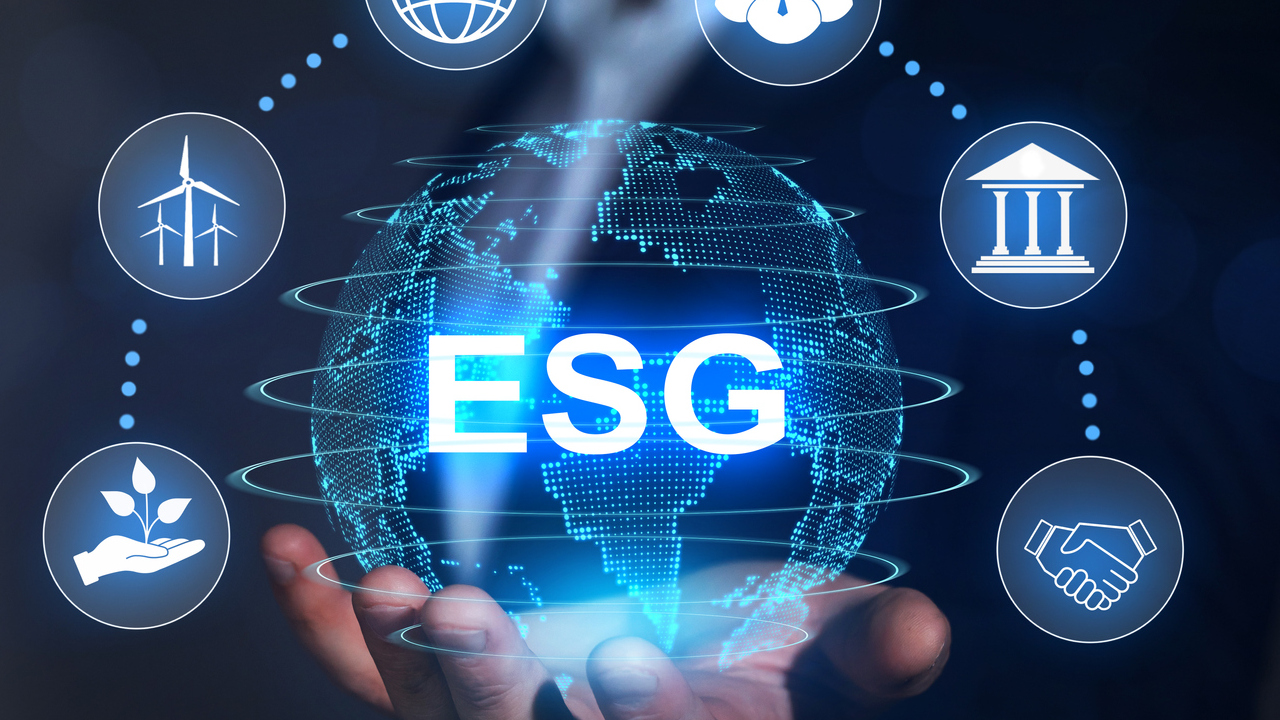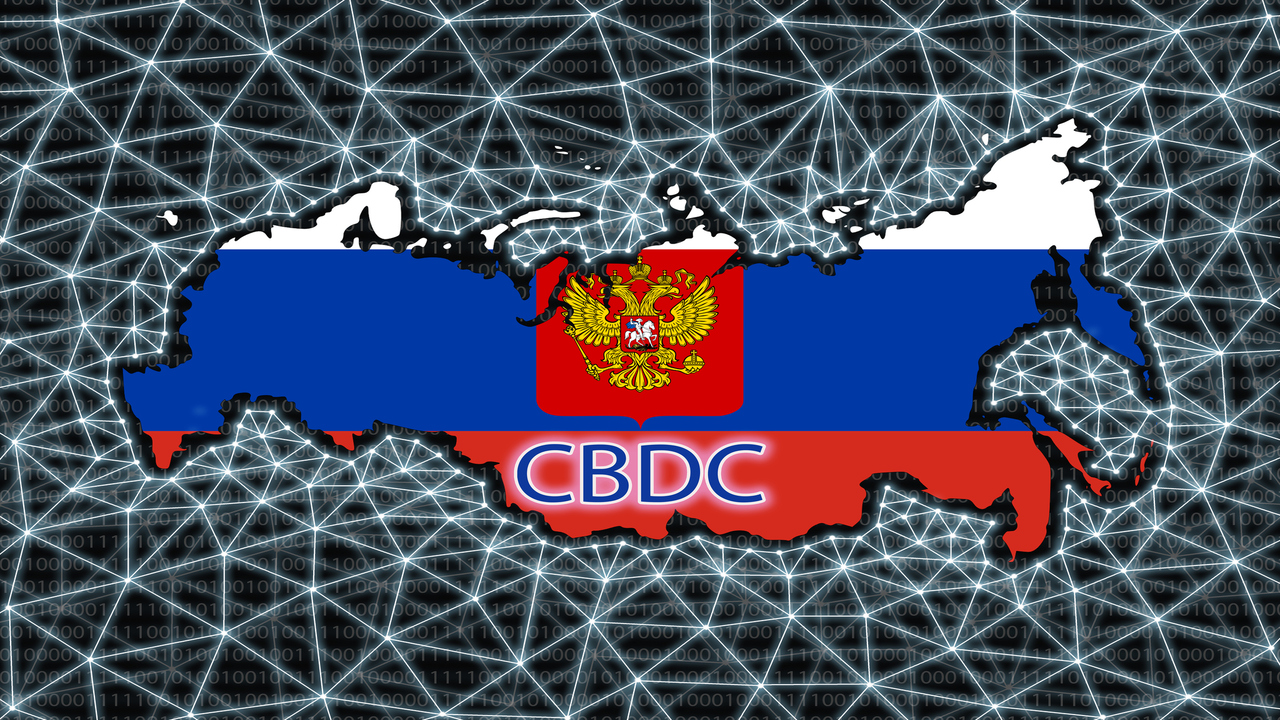Thank you for your warm welcome.
It’s good to be back – and to see Davos highlighting the global crisis in trust.
I believe this crisis is the direct result of a paradox facing our world.
In the face of the serious, even existential threats posed by runaway climate chaos, and the runaway development of Artificial Intelligence without guard rails, we seem powerless to act.
As climate breakdown begins, countries remain hellbent on raising emissions.
Our planet is heading for a scorching three-degree increase in global temperatures,
Droughts, storms, fires and floods are pummeling countries and communities.
Before travelling to the United Nations climate talks at COP28 in Dubai, I saw for myself the dramatic receding of Himalayan glaciers, and the accelerated melting of the ice sheet in Antarctica.
Here in Switzerland, glaciers are disappearing before our eyes.
Some are gone forever; others have lost 10 percent of their volume in just the past two years. Such rapid changes should disturb us all.
2023 went down as the hottest year on record.
But it could be one of the coolest years of the future.
Let me be very clear: the phaseout of fossil fuels is essential and inevitable. No amount of spin or scare tactics will change that. Let’s hope it doesn’t come too late.
We must act now to ensure a just and equitable transition to renewable energy.
Meanwhile, every new iteration of generative AI increases the risk of serious unintended consequences.
This technology has enormous potential for sustainable development – but the International Monetary Fund has just warned that it is very likely to worsen inequality.
Powerful tech companies are already pursuing profits with a reckless disregard for human rights, personal privacy, and social impact.
This is no secret. These two issues – climate and AI – are exhaustively discussed by governments, by the media, by leaders here in Davos.
And yet, we have no effective global strategy to deal with either.
Geopolitical divides are preventing us from coming together around global solutions.
Little wonder that people everywhere are losing faith in governments, institutions, and financial and economic systems.
Dear friends,
Today, many of these systems have been eroded or undermined.
Instead of nuclear disarmament, there is talk of nuclear re-armament.
States are spending billions making their nuclear arsenals faster, stealthier and more accurate.
The Cold War era of two superpowers was followed by a brief period of unipolarity.
Now, some analysts predict a totally chaotic situation, in which geopolitical divides at all levels prevent any global response to global threats.
I strongly believe it is possible to prevent this disastrous scenario.
I am confident we can build a new, multipolar global order with new opportunities for leadership, balance and justice in international relations.
But multipolarity creates complexity.
Left to itself, it could deepen fault lines: between North and South; East and West; developed and developing economies; within the G20; and between the G20 and everyone else.
The only way to manage this complexity and avoid a slide into chaos is through a reformed, inclusive, networked multilateralism.
This requires strong multilateral institutions and frameworks, and effective mechanisms of global governance.
Without them, further fragmentation is inevitable, and the consequences are clear.
We see an epidemic of impunity around the world.
We see some countries doing whatever it takes to further their own interests at all costs.
From Russia’s invasion of Ukraine, to Sudan, and, more recently, Gaza, parties to conflict are ignoring international law; trampling on the Geneva Conventions; and even violating the United Nations Charter.
The world is standing by as civilians, mostly women and children, are killed, maimed, bombarded, forced from their homes and denied access to humanitarian aid.
I repeat my call for an immediate humanitarian ceasefire in Gaza, and a process that leads to sustained peace for Israelis and Palestinians, based on a two-state solution.
This is the only way to stem the suffering and prevent a spillover that could send the entire region up in flames.
I also call for a just peace in Ukraine, in accordance with the United Nations Charter and international law.
Dear friends,
Geopolitical divisions are a major risk factor affecting our faltering global economy.
Political instability is adding to economic insecurity.
Meanwhile, inequality and injustice are reaching obscene levels – a serious obstacle to sustainable development.
Oxfam reports that the world’s five richest men have more than doubled their fortunes since 2020 – at a rate of $14 million US dollars per hour.
At the same time, more than half the world, nearly five billion people, have become poorer.
The World Bank warns we are heading towards the worst half-decade for growth in 30 years.
Many of the same countries battered by climate chaos are in a financial chokehold.
More than half the world’s poorest 75 countries face debt distress.
Their interest payments have quadrupled in recent years.
After decades of reductions in poverty and hunger, progress has slowed and, in some countries, gone into reverse. This is fueling resentment and anger.
Dear friends,
When global norms collapse, so does trust.
I am personally shocked by the systematic undermining of principles and standards we used to take for granted.
I am outraged that so many countries and companies are pursuing their own narrow interests without any consideration for our shared future or the common good.
And I am certain that unless we take action, we can expect much, much worse.
So let’s be clear: Rebuilding Trust is not a slogan or a PR campaign.
It requires deep reforms to global governance to manage geopolitical tensions during a new era of multipolarity.
And it is essential to building a safer, more stable, more prosperous world.
Dear Friends,
The institutions and frameworks of global governance, from the Security Council to the Bretton Woods system, were created 80 years ago.
We can’t build a future for our grandchildren with a system built for our grandparents.
The United Nations is fully engaged this year in efforts to bring them up to date, rooted in equality and solidarity, based on the UN Charter and international law.
In September we will host a Summit of the Future, focused on solutions.
The Summit will consider essential reforms to the global financial architecture to make it responsive to today’s challenges and representative of today’s world – including many countries in the Global South that were under colonial rule when it was created.
Reforms to the Security Council, and a proposed New Agenda for Peace, would help to prevent and resolve conflict, rebalance geopolitical relations, and give developing countries a proportionate voice on the global stage.
The private sector is in the lead on AI expertise and resources. We need your full engagement in our multi-stakeholder effort to develop a governance model that is networked and adaptive.
I believe the UN should play a central convening role.
My Advisory Body on AI has already made preliminary recommendations on AI governance that tap the benefits of this incredible new technology, while mitigating its risks.
We need governments urgently to work with tech companies on risk management frameworks for current AI development; and on monitoring and mitigating future harms.
And we need a systematic effort to increase access to AI so that developing economies can benefit from its enormous potential. We need to bridge the digital divide instead of deepening it.
Dear Friends,
Rebuilding Trust will not happen overnight – but I am convinced that it’s both essential, and possible.
I urge you to use your influence to prevent further damage and to get our world back on track to safety, prosperity, and peace.
Thank you.
Photo by World Economic Forum, Attribution-NonCommercial-ShareAlike 2.0 Generic.
Stopping Socialism is a project of The Heartland Institute and The Henry Dearborn Center for Human Rights, a nonprofit association of professionals and scholars.






